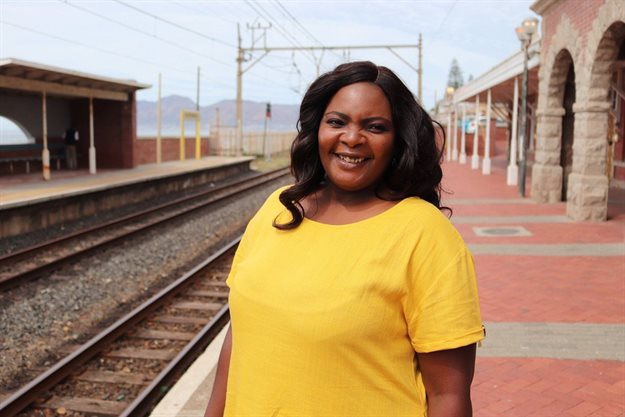There is not much to celebrate this Women's Month when women are bearing the brunt of responsibility under lockdown, and their safety and security is threatened: both physically and economically.

Siphelele Chirwa, CEO, Activate! Change Drivers
Women’s Month in South Africa should focus on women’s health. Women are holding so much in their spaces: running a household, work, parenting, homeschooling, extended family responsibilities, and much more. We need to look at how women are coping with this new environment during this time of Covid. The focus on Women’s Month this year should be about how women are doing. Women are not okay.
Safety in the household
The level of safety within the household for women is a very big concern. The number of women who are being physically, sexuality and emotionally abused under lockdown has risen. Economically, we are losing the most amount of jobs; and if one woman loses a job, there are many in her immediate support structure that will suffer too. National Women’s Day this year should be on the woman’s mental state; how women are doing and what we, as a society, are doing to support them; and what is available out there as support.
Safety and security for women is our biggest threat; and the mental space of women holding more than they can cope with are our biggest challenges. The notion out there is that once a family is under lockdown, we are all together and the man is there to assist; but with job losses and everyone locked down 24/7, it brings challenges to family systems. All the social factors, frustrations, job losses, and abuse is amplified. The reason the number of violent acts against women increased could have been predicted. It was aggravated because people couldn’t go out.
We are a violent society. And as a society, we don’t have the coping mechanisms to deal with conflict in a non-violent way. The threat against the security of women is alarming in South Africa. It is in the household, it’s in the people we love, and it has always been present, but it is now amplified under lockdown as people have nowhere to go to deal with frustrations, to get away, or to seek shelter.
What are we telling men?
The message that needs to go out to women this Women's Month is about self-worth. If women are not strong enough and confident in their own self-worth, how do they help themselves in abusive relationships? The question is also no longer about what women are doing to help themselves in these kinds of situations: this message goes out to the men. Enough about telling women what they should and shouldn’t do. What are we telling men? How are we raising the boy child?
This is a societal challenge. Men are the biggest perpetrators of women’s challenges in society. What kind of men are we raising that treat our women this way? The good thing is that women are speaking out. We need to speak up. Men need to speak up too in support of women.
Tackling mental health issues
In many cultures, we hide the shame of abuse; we don’t speak up about it or mental health issues. We are not okay as South Africans and this pandemic has shown us what families are dealing with under lockdown. Lockdown has also robbed us of our traditional support structures: friends and families who give us strength and succour. We are not allowed to see them. We need to break the stigma of mental illness and let people know when we are not doing well and need help.
It is not easy. In this time when we are asked to be alone, how do we encourage each other to stay mentally healthy? Our biggest challenge is about reaching out. We speak about reaching out in a middle-class way; but what about women in informal settlements who do not have the same access to health resources and support?
The environment has changed, but nothing within that environment has changed to support women in it. Now there is little to go around, families are relying on food parcels, people have lost their jobs, and there is little support for the mental health of women and their families.
We all need human contact. We have to find a way to help ourselves. Talk to a friend. Talk to a doctor. Do a socially distanced walk with a friend. Chat over a gate. Check in with people. You are not alone, ask for help.
Women in leadership
To create real change for women in South Africa, we need more women leaders rising to the occasion. Women’s leadership has a different tone - we need more compassionate leadership. That is what the world is calling for during this time: more empathetic leadership, leadership from a place of compassion, servant leadership.
When Covid stops, the work doesn’t end. The need will be more devastating post-corona. We need to keep going until our economy recovers in the next five to seven years. This is what it means to be a country holding together. Government cannot do it on its own. It starts from an individual’s responsibility in their community. If you have more than you need on your table, share it with someone who doesn’t have. We need to build our country together. It’s not just about policies, but about what each of us is doing in our communities and how we are serving the next person.






































